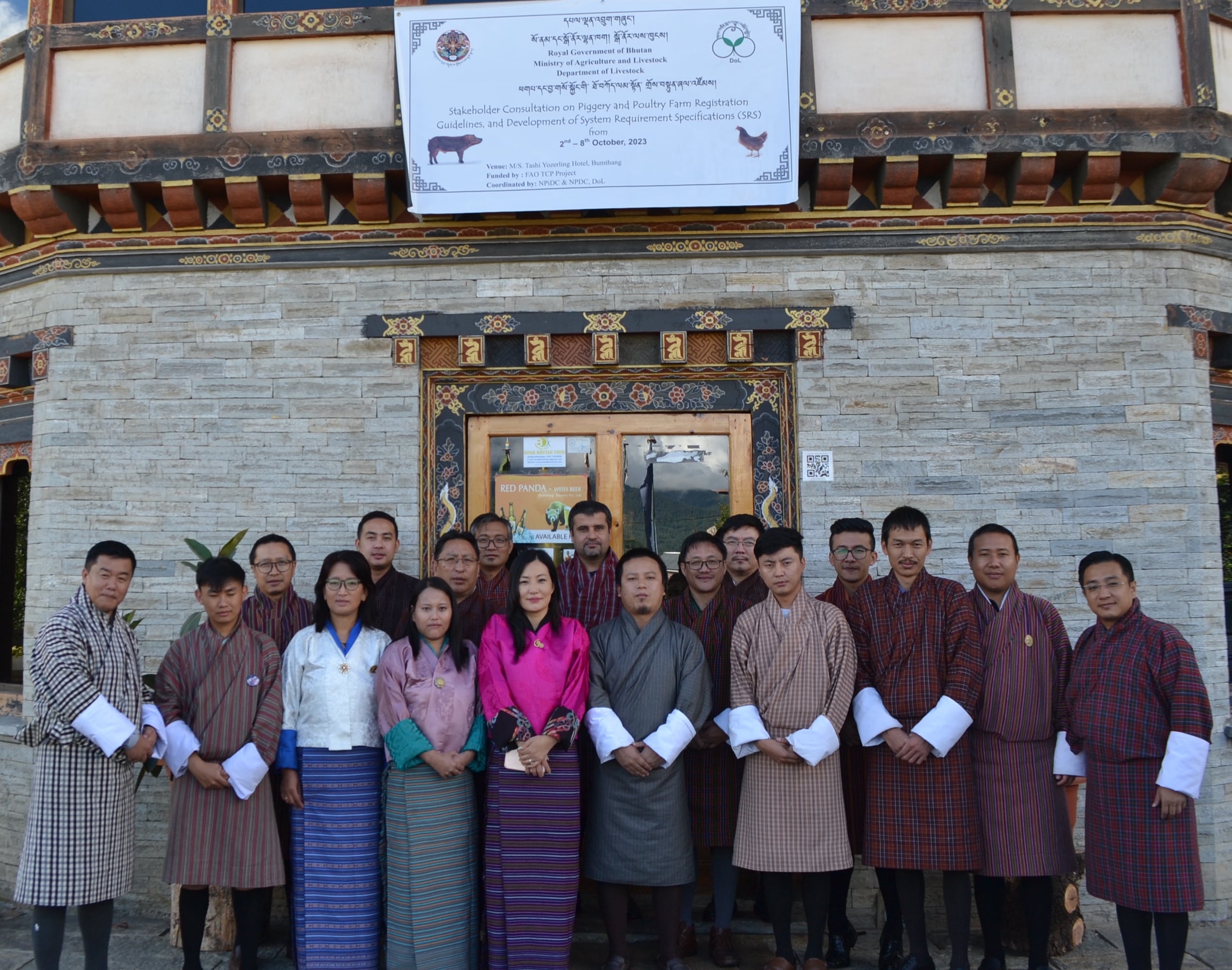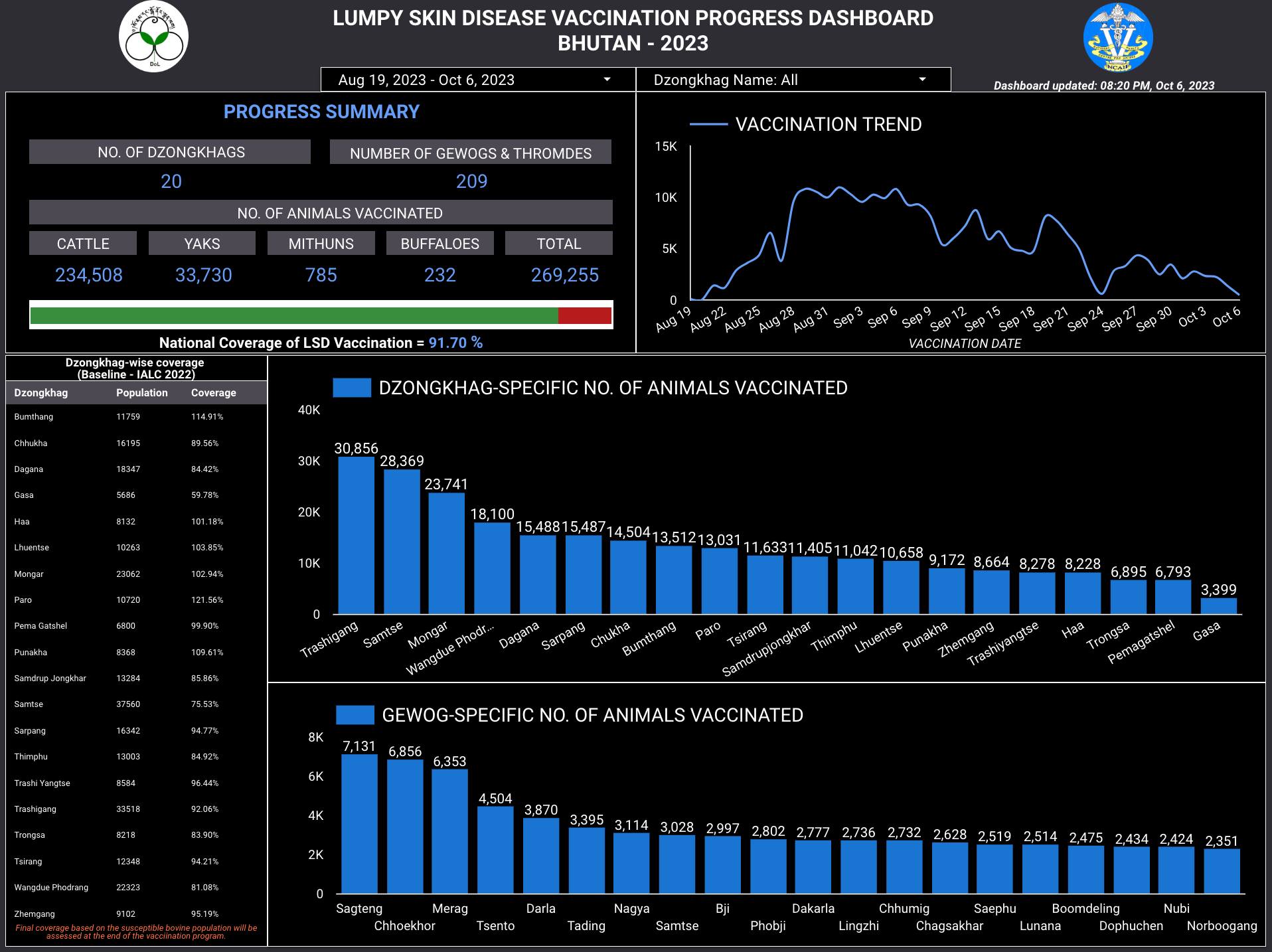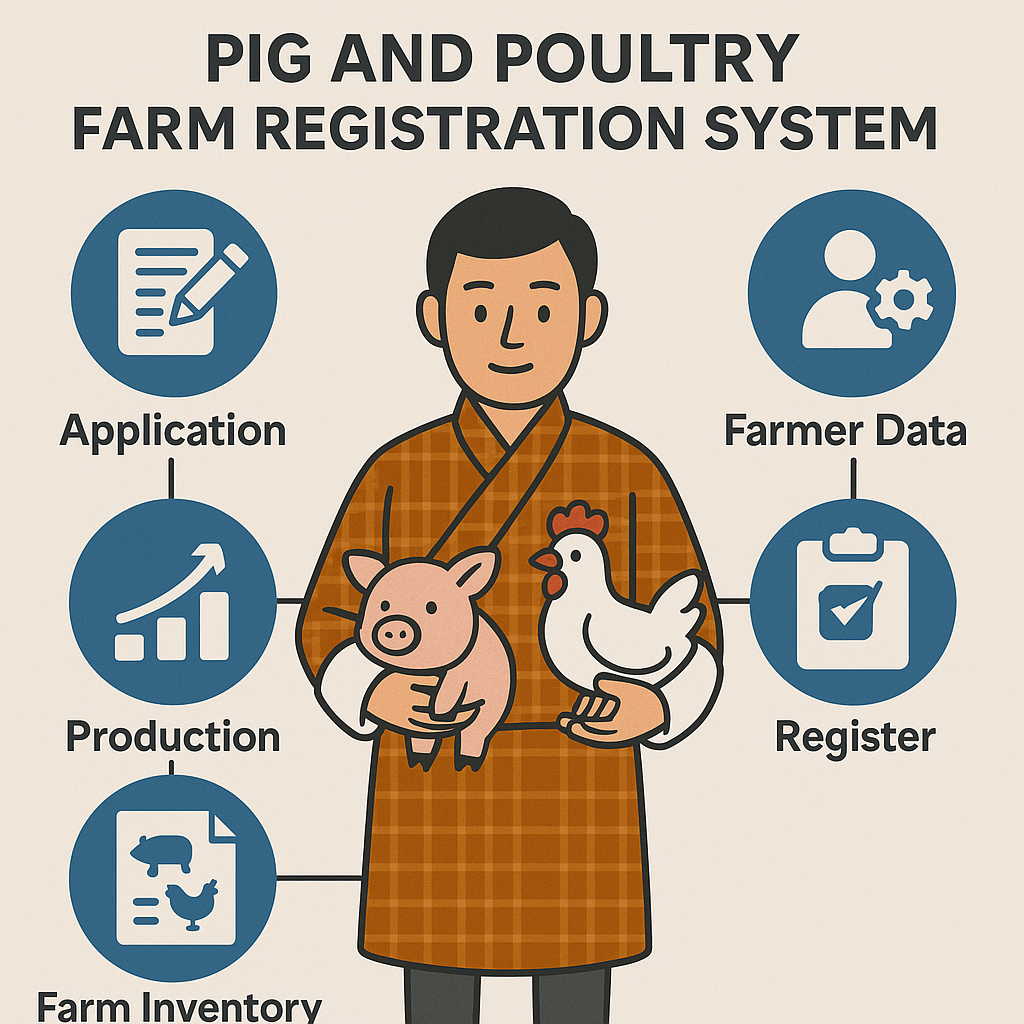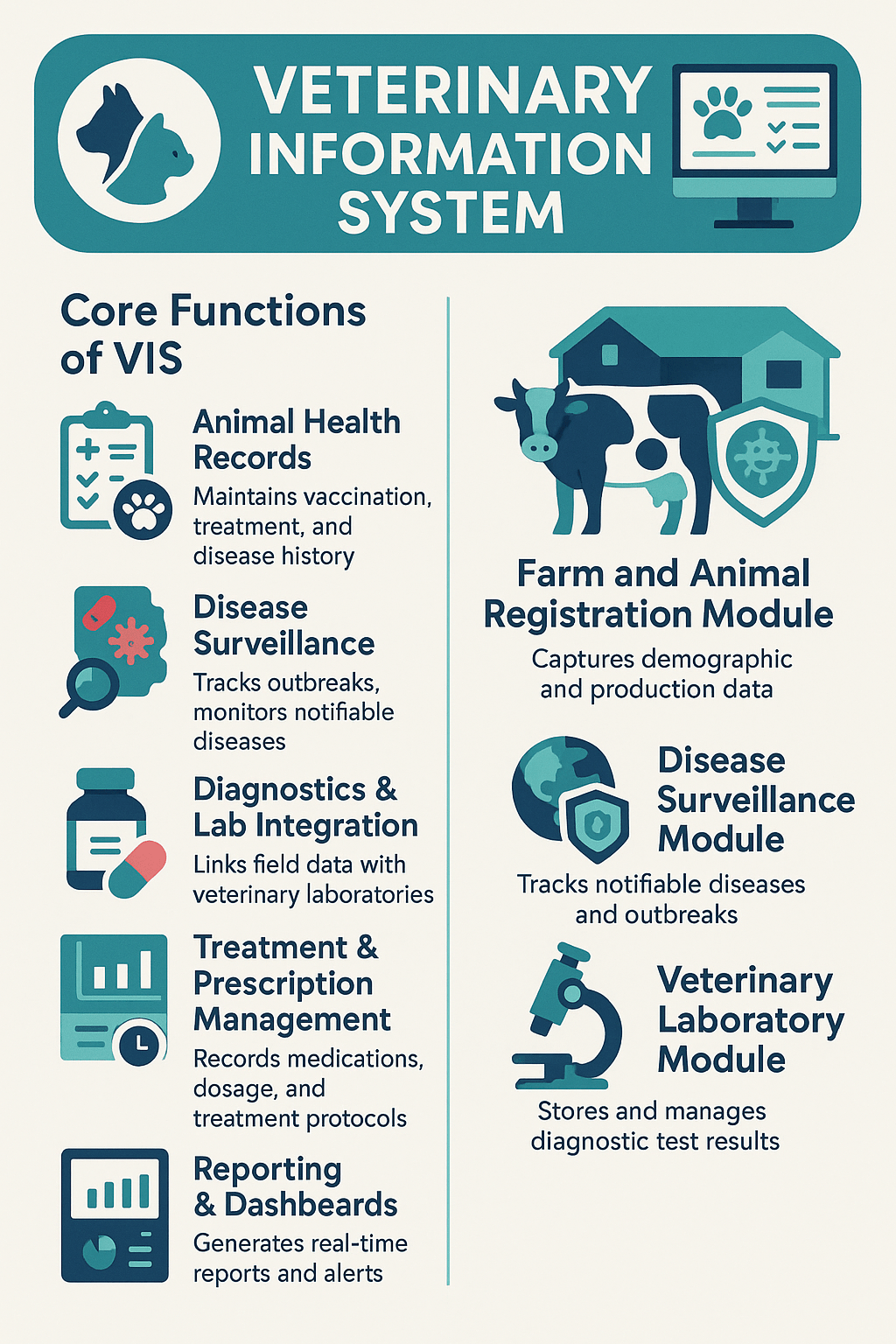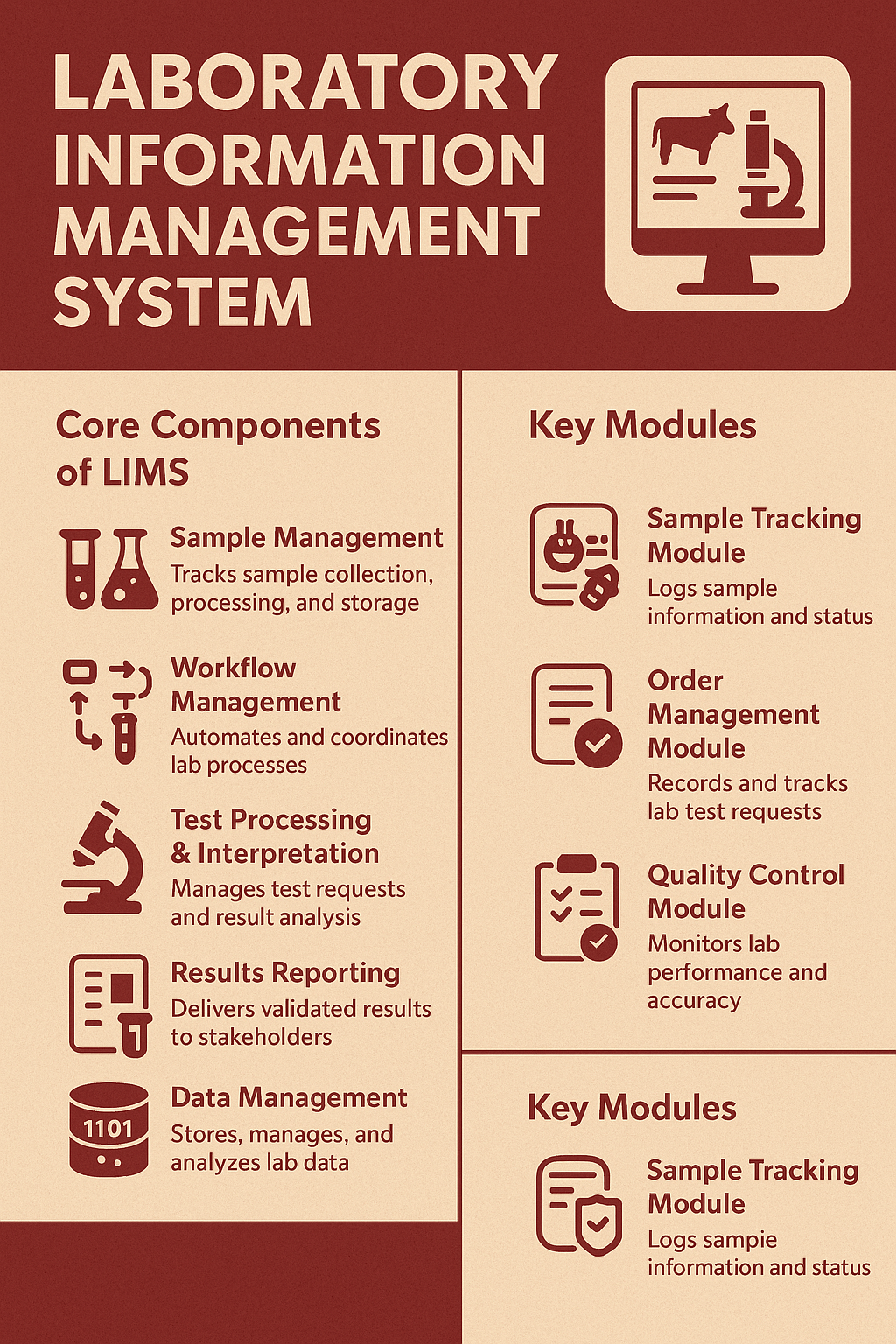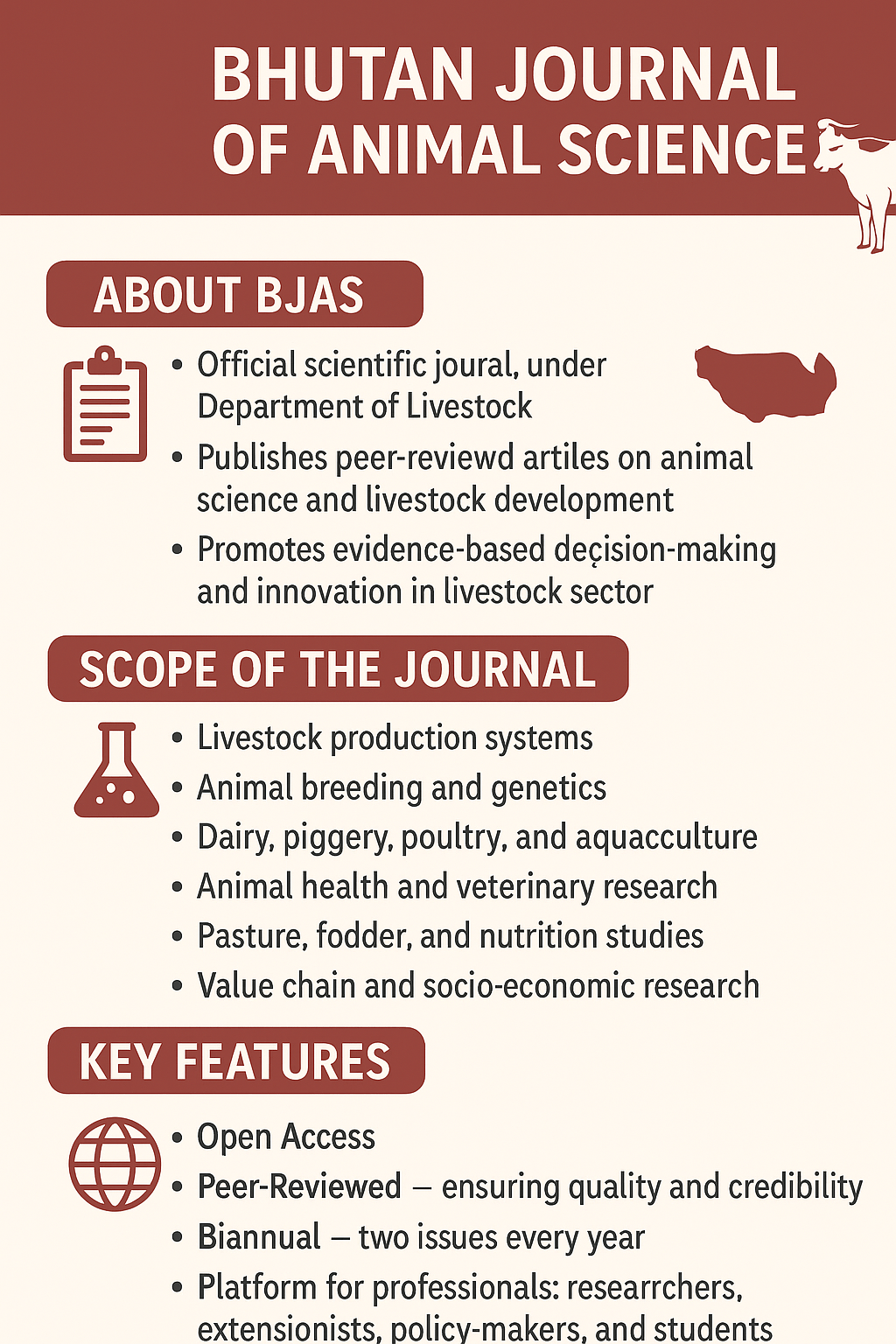𝐎𝐜𝐭𝐨𝐛𝐞𝐫 𝟕, 𝟐𝟎𝟐𝟑: The Department of Livestock led by team from Livestock Production Division, NPiDC, NPDC, RPBC and RPPBC organized a 5-day consultation and workshop in Bumthang with IT team from GovTech to develop the system requirements specifications (SRS) for implementing a national registration system for pig and poultry farms in the country.
𝐁𝐚𝐜𝐤𝐠𝐫𝐨𝐮𝐧𝐝 𝐨𝐧 𝐍𝐚𝐭𝐢𝐨𝐧𝐚𝐥 𝐏𝐢𝐠 𝐚𝐧𝐝 𝐏𝐨𝐮𝐥𝐭𝐫𝐲 𝐅𝐚𝐫𝐦 𝐑𝐞𝐠𝐢𝐬𝐭𝐫𝐚𝐭𝐢𝐨𝐧 𝐒𝐲𝐬𝐭𝐞𝐦
The Poultry and Piggery Sectors constitute a majority of the livestock farming communities in Bhutan. As per Integrated Agriculture and Livestock Census 2022, the country has 33,082 pigs, which is mostly concentrated in southern dzongkhags. With 5,470 pig rearing households, the annual domestic production of pork in 2022 was 1,232 MT. However, the pork production is still dominated by subsistence farming and we have few semi-commercial and commercial farms. There are 459 Contract Breeder Farms (CBF) and 1,241 fattening farms in the country contributing to the overall pork production in the county.
Similarly, there are 975,152 poultry birds from 19,808 poultry holders in the country. The annual domestic production of chicken and egg stands at 944 MT and 101 million (NSB, 2022), respectively. As per the preliminary survey conducted by National Poultry Development Centre in 2021, there were 1,477 layer farms and 393 broiler farms in the country.
As these sectors continue to progress and expand, it becomes imperative to establish farm identification and registration processes to promote online reporting, real-time data generation, and well-informed policy directives. The absence of a formal registration system has raised concerns regarding basic management practices, animal welfare standards in piggery and poultry farms, and the inability to generate real-time data. To address these concerns, The Livestock Rules and Regulations 2017 mandate the registration of livestock farms, including piggery and poultry farms, with the Department of Livestock (DoL).
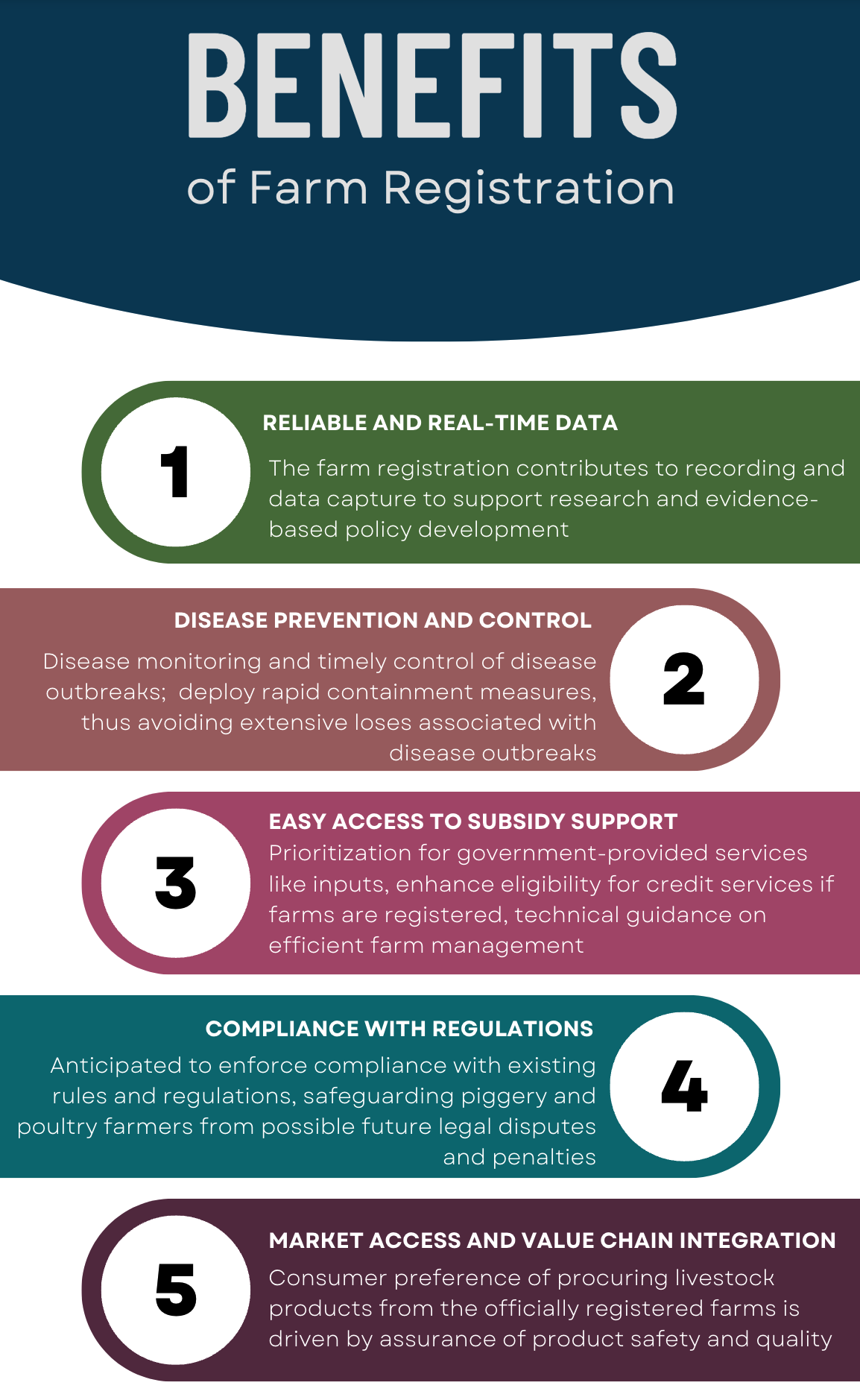
![]()

